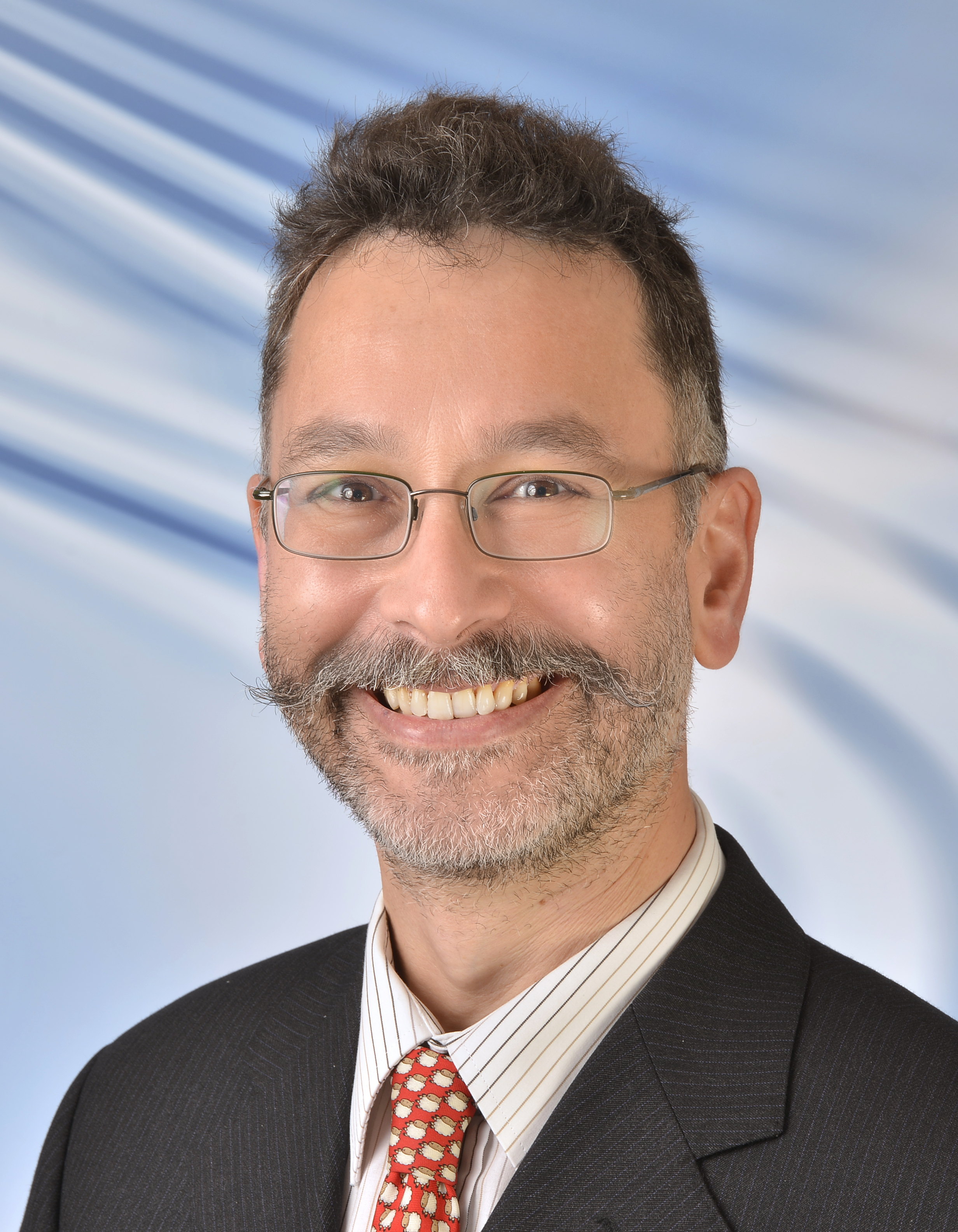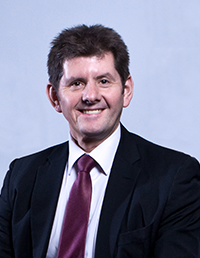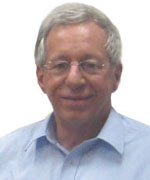Artificial Intelligence is in a new ‘boom’ period, with exponential growth in commercialisation of research and development, products being introduced into market with embedded A.I. as well as ‘intelligent systems’ of various types. Projections for commercial revenue from A.I. show exponential growth; such is the ubiquitous nature of A.I. in the modern world that members of the public are interacting with intelligent systems or agents every day – even though they often aren’t aware of it!
This workshop, led by Professor John MacIntyre, will consider emerging themes in A.I., covering not only the technical aspects of where A.I. is going, but the wider question of ethics, and the potential for future regulatory frameworks for the development, implementation, and operation of intelligent systems and their role in our society. The workshop format will be three short presentations by the keynote speakers, followed by an interactive panel Q&A session where the panel members and audience will engage in a lively debate on the topics discussed!
Lecturers
Prof. Andrew Starr
Title: Practical AI for practical problems
It is inviting to believe the hype, that AI can solve everything, and that we will all lose our jobs - victims of ever-more imaginative collections of algorithms. Real AI is already with us, but much of it deals with prosaic daily processes. Engineering problems use a variety of intelligence: some is absolute, but some manages uncertainty. Rich data give us insight into real system behaviour which differs from the theory and intended design. The blending of physical knowledge, with observations from the data, is essential to evaluate risk. A real engineering problem is degradation: wear, corrosion and fatigue are amongst factors which generate daily risk. Then we have to measure it, and understand the uncertainty. We rely on the judgement of such systems, and people with expertise to make the world safe to fly, drive and manufacture. This session will illustrate some problems with technical examples in high-speed electrical generators, powder processing, and train engines. Finally we will consider the acceptability of data-oriented methods in regulated industries.
Biographical notes
Professor Andrew Starr is chair of maintenance systems at Cranfield University, Head of the Through-life Engineering Services Institute, and the Director of Education for the School of Aerospace, Transport and Manufacturing. He is a Chartered Engineer, a fellow of the Royal Aeronautical Society and the Institution of Mechanical Engineers, and a member of the British Institute of Non-destructive Testing, the Institute of Asset Management, and the International Society for Condition Monitoring. His work is in novel sensing, with a special interest in gears, sensor systems and data fusion, e-maintenance systems, and decision making strategies. The work is supported by grants from EU Horizon 2020 Cleansky 2 and Shift2Rail JUs, EASA, UK EPSRC and Innovate, and industry clients including BAE Systems, GE Avio Aero, Network Rail, Procter & Gamble, QinetiQ, Rolls-Royce, Schaeffler, Thales, and Unipart Rail.
Prof. John MacIntyre
Title: To be confirned
Biographical notes
I have worked at the University of Sunderland since 1992, having graduated from the University with a First Class Honours Degree in Combined Science (Computer Science and Physiology). I then went on to complete a PhD in applied artificial intelligence, focussing on the use of neural networks in predictive maintenance, which was awarded in 1996.
During the 1990s I established a research centre – the Centre for Adaptive Systems – at the University, which became recognised by the UK government as a Centre of Excellence for applied research in adaptive computing and artificial intelligence. The Centre undertook many projects working with and for external organisations in industry, science and academia, and for three years ran the Smart Software for Decision Makers programme on behalf of the Department of Trade and Industry.
I have successfully supervised in PhDs in fields ranging from neural networks, hybrid systems, and bioinformatics through to lean manufacturing, predictive maintenance, and business and maintenance strategies.
I went on to become Associate Dean, and then Dean, of the School of Computing and Technology, covering Computer Science and Engineering; in 2008 I became the Dean of the Faculty of Applied Science, and in 2010 Pro Vice Chancellor of the University.
I am, and have, been a member of many regional, national and international organisations linked to my own research or professional areas, or on behalf of the University.
Since 1996 I have been the Editor-in-Chief of Neural Computing & Applications, an international scientific peer reviewed journal published by Springer Verlag.
Prior to entering academia I worked in industry including several years working overseas on major civil and structural engineering projects, developing and implementing new computerised planning systems.
Prof. Larry Medsker
Title: Future of Work, AI Education, and Public Policy
Biographical notes
Coming soon



